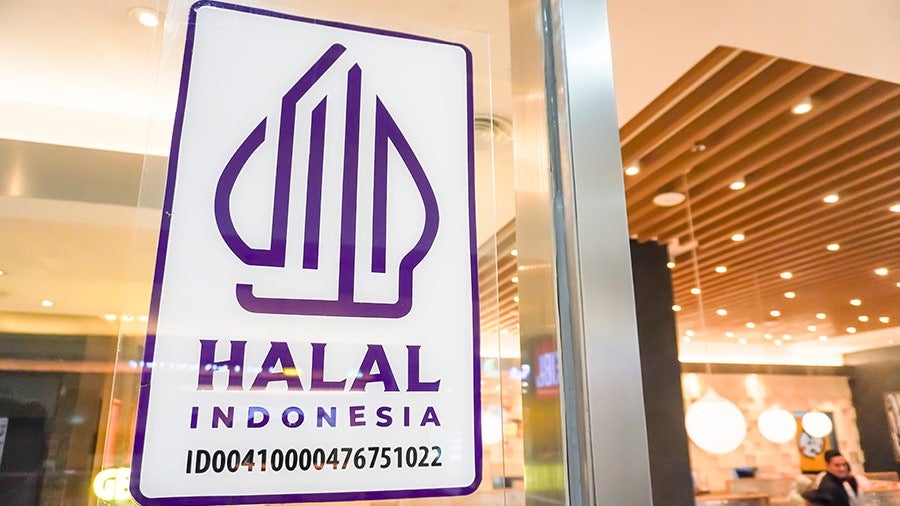It is now mandatory for almost all products that are being sold in Indonesia to obtain a Halal certification from the country’s Halal Product Assurance Organising Body (BPJPH).
This is following the enforcement of the “Undang Undang (UU) Nomor 33 Tahun 2014“ or Law Number 33 of 2014 legislation concerning Halal product assurance.
Almost all products in Indonesia are now required to obtain Halal certification
According to a statement, the head of BPJPH, Haikal Hasan, asserted that Article 4 of the legislation prescribes that all products entering, circulating and traded within Indonesia must obtain the Halal certification, with clear limitations and provisions.
He added that the products that must obtain Halal certification are clearly prescribed under Article 1 of the legislation.

Haikal hasan
These products include goods and/or services related to food, beverages, medicines, cosmetics, chemical products, biological products, genetically engineered products, and goods used or utilised by the community.
According to the Indonesia-based portal Kompas, for goods, the requirement to obtain Halal certification also expands to textiles, leather, footwear, headgear, accessories, goods used as household health supplies, household appliances, Muslim worship equipment, and packaging products.
For services, the Halal certification requirement expands to slaughtering, processing, storage, packaging, distribution, sales, and/or presentation.

For illustration purposes
Non-Halal products in Indonesia are required to clearly display that they’re non-Halal
Haikal clarified that the Halal certification requirement won’t include non-Halal products, such as those made from non-Halal animals.
However, according to Article 18 of the legislation, products made from non-Halal animals, blood and those from non-Islamic slaughtering processes are required to be clearly displayed as non-Halal.
He elaborated,
“Non-Halal products may also be distributed as long as they include a statement that they are not Halal.”

The BPJPH head clarified that the legislation has been implemented in stages. He stressed that the requirement for Halal certification should not be seen as a burden.
Instead, it should be seen as increasing the quality and competitiveness of the products. It’s also meant to expand the products’ market so that Indonesian Halal products won’t lose out with similar products globally.

For illustration purposes
So, what do you guys think of Indonesia’s Halal certification requirement for almost all products? Share your thoughts with us in the comments.
Also read: “We support this” – M’sians Applaud Isetan’s Bold Move to Relocate Cigarettes to Non-Halal Section









































